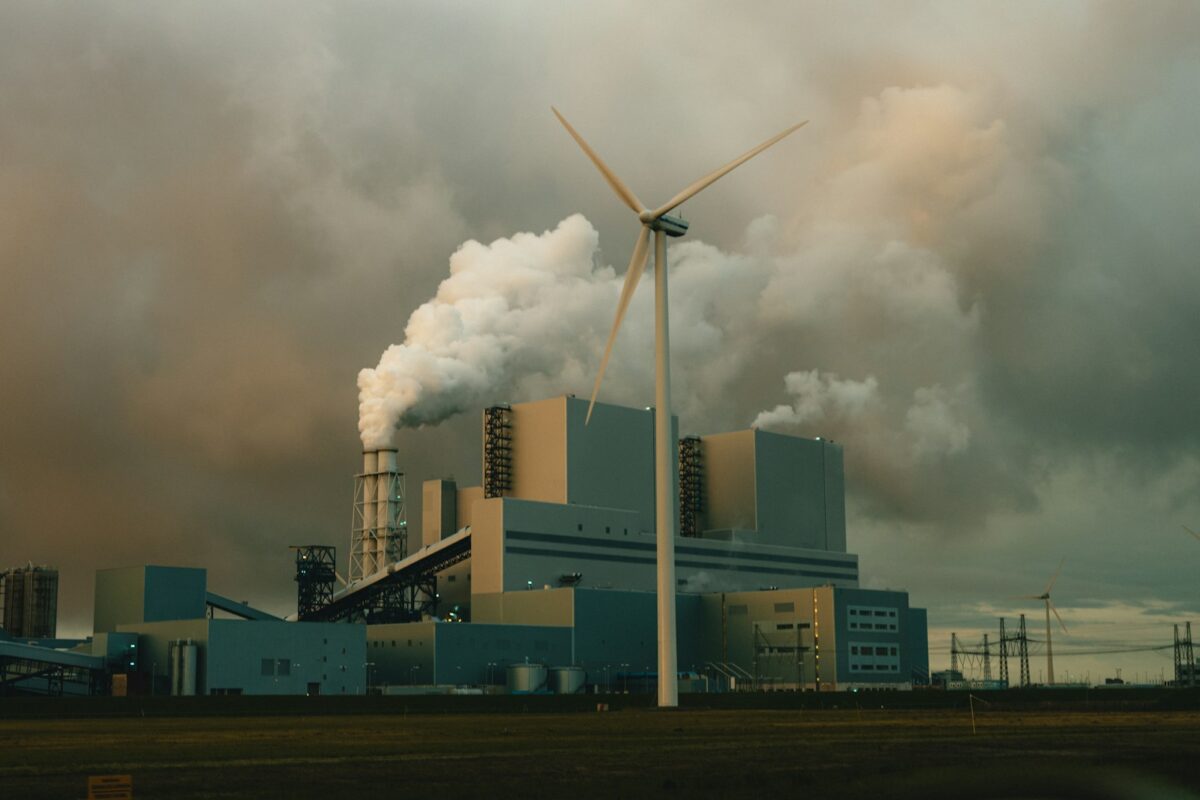The Impact of Animal Agriculture on Global Water Scarcity: A Deeper Look
Introduction: The Crucial Intersection
The intersection of animal agriculture and water scarcity represents a critical environmental challenge. Both articles emphasize the significant impact livestock farming has on global water resources, highlighting the urgent need for systemic changes. This combined perspective offers a detailed examination of the scientific evidence and practical solutions addressing this issue.
Water Usage in Animal Agriculture: The Hidden Cost
Animal agriculture’s water footprint extends beyond direct consumption to encompass feed production, cleaning, and processing. The vast quantities of water required to produce just one pound of beef, for instance, illustrate the industry’s extensive water demands. The combined narrative from both articles underscores the necessity of reevaluating our dietary choices and agricultural priorities to alleviate water stress.
Contamination and Pollution: A Dual Threat
The pollution resulting from animal agriculture — including runoff laden with manure, chemicals, and antibiotics — compromises water quality and availability, harming ecosystems and human health. The synthesis of these articles emphasizes the dual threat of pollution and consumption, painting a comprehensive picture of the environmental repercussions.
Strained Water Resources: The Feed Production Dilemma
A substantial portion of global water use in agriculture is allocated to producing feed for livestock, not direct human consumption. This reality, echoed in both articles, highlights a misalignment in resource use that exacerbates water scarcity, particularly in drought-prone regions.
Envisioning Sustainable Solutions
Combining insights from the articles, sustainable solutions include adopting plant-based diets, improving agricultural practices, and implementing water-saving technologies. Innovations such as rainwater harvesting, better irrigation techniques, and integrated crop-livestock systems can significantly reduce the water footprint of animal agriculture.
Navigating Towards a Water-Secure Future
The relationship between animal agriculture and water scarcity demands a multifaceted approach. By understanding the depth of the issue and embracing sustainable practices, society can move towards a more water-efficient and environmentally friendly future. Collective action, informed by scientific insights and sustainable innovations, is paramount in securing water resources for all.



